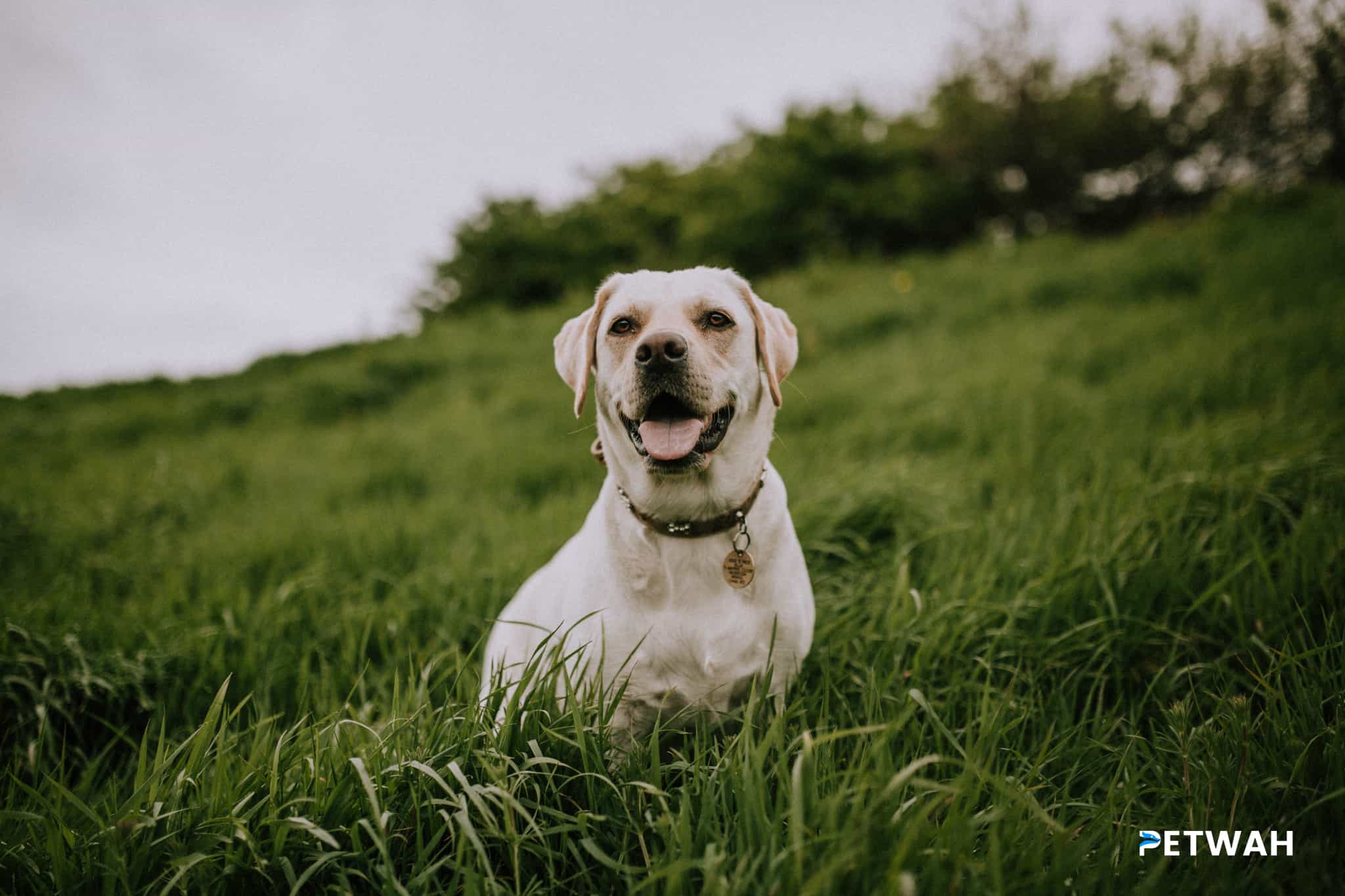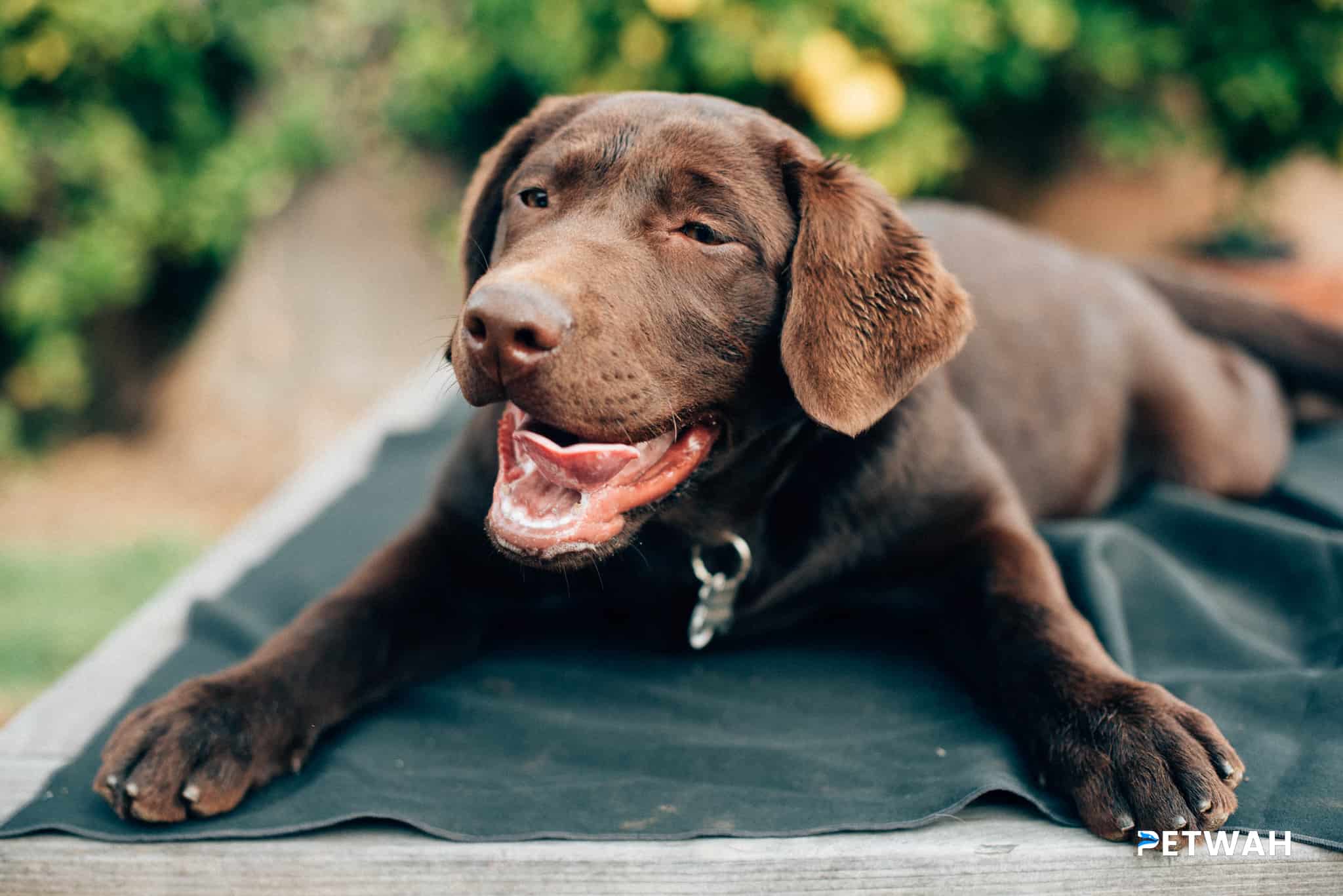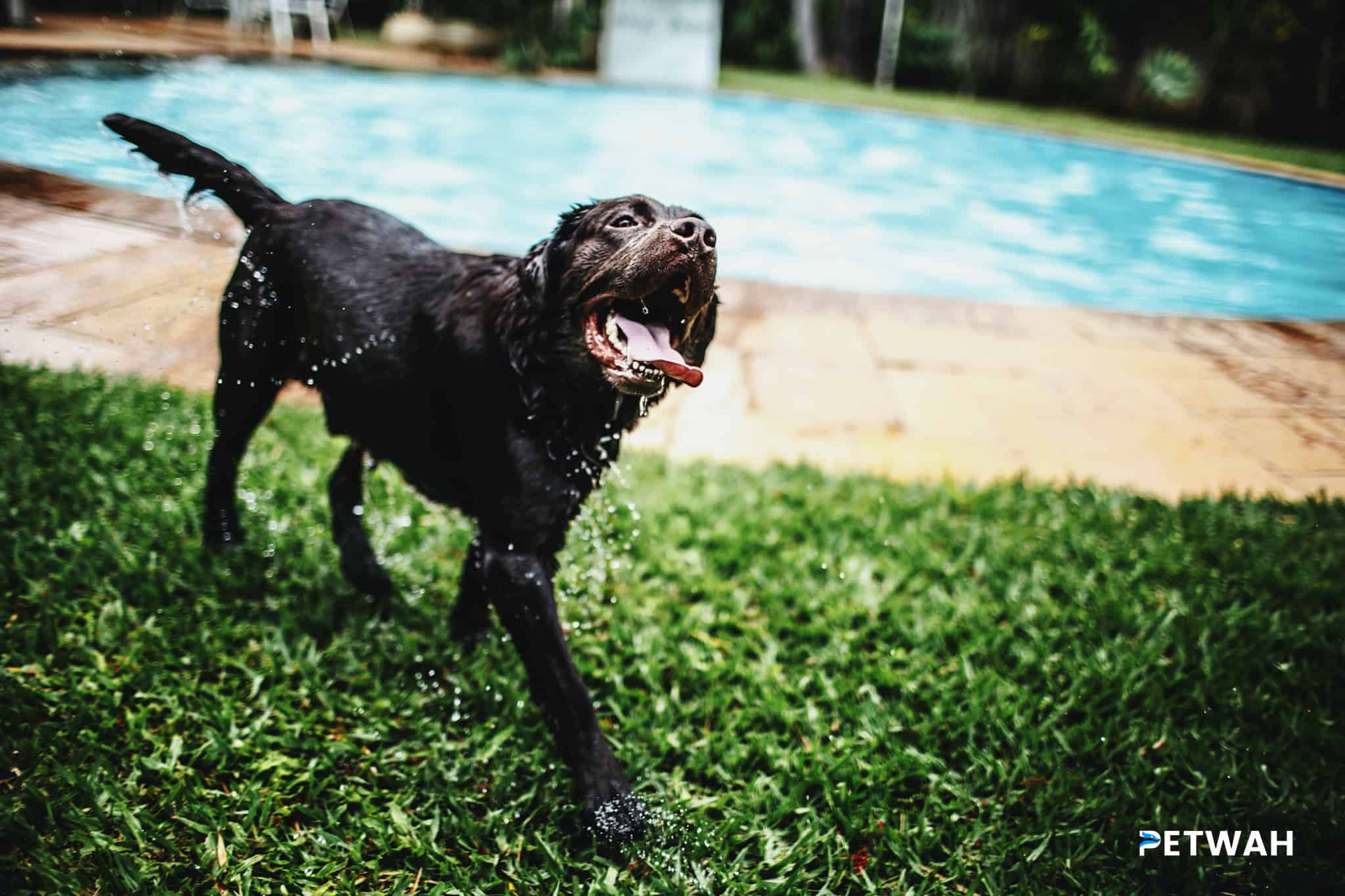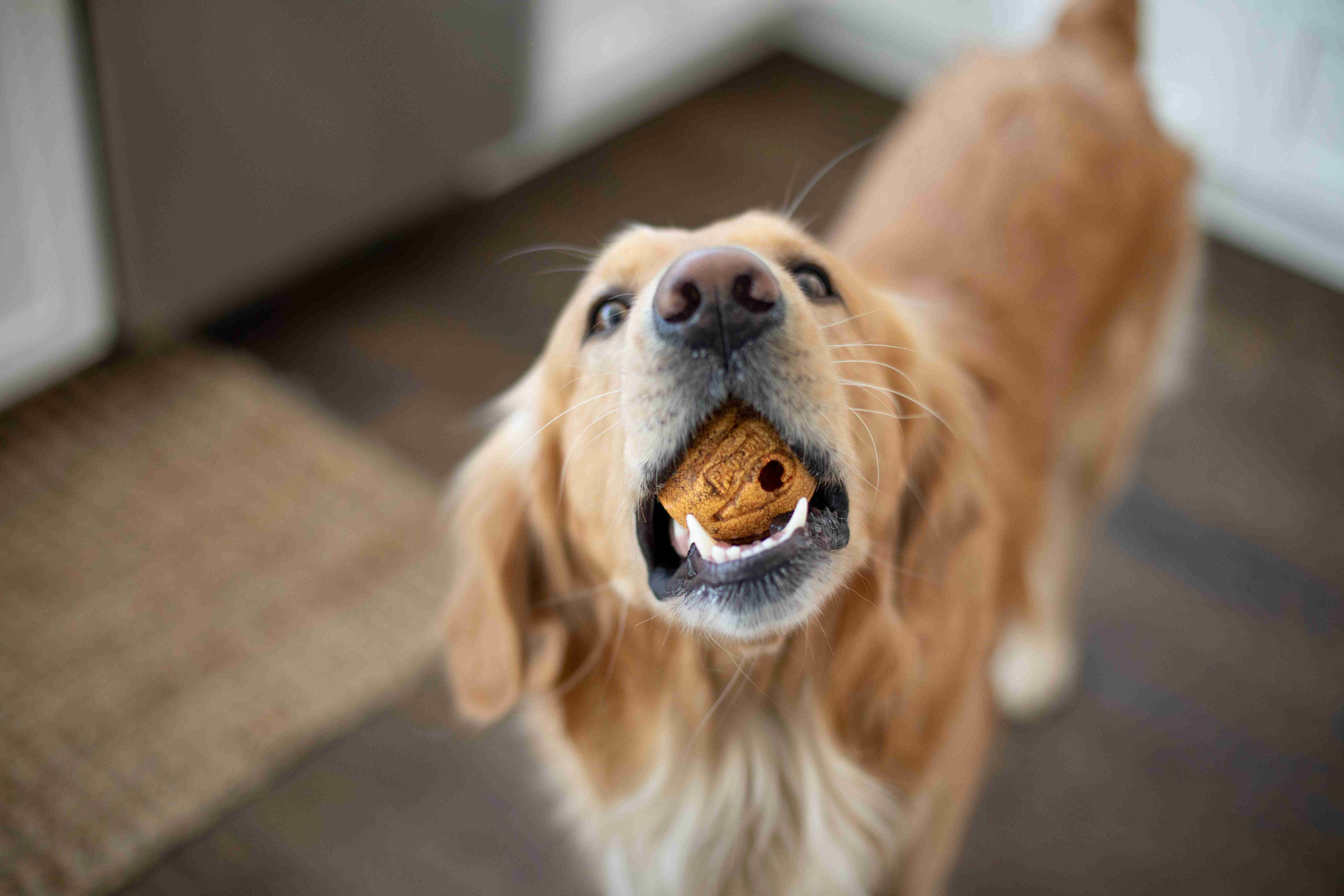Separation anxiety is a common issue that many Labrador puppy owners face. Labrador Retrievers are known for their friendly and sociable nature, which can sometimes make them prone to getting anxious when left alone. Dealing with separation anxiety is important for the well-being of your puppy and to prevent destructive behaviors. In this blog post, we will discuss some effective strategies to handle separation anxiety in Labrador puppies.
Understanding Separation Anxiety in Labrador Puppies
Labrador puppies, like other dogs, are pack animals and thrive on companionship. When they are left alone for extended periods, they can experience anxiety and stress. Some common signs of separation anxiety in Labrador puppies include:

1. Excessive barking or howling
2. Destructive behaviors, such as chewing on furniture or household items
3. Pacing and restlessness
4. Attempts to escape or excessive digging
5. Urinating or defecating indoors, even when previously house trained
To address separation anxiety in Labrador puppies, it is essential to understand the underlying causes and implement training techniques that promote independence and comfort in their own company.
Creating a Safe and Comfortable Environment
Labradors require a safe and comfortable environment that helps ease their anxiety when left alone. Here are some tips to create the perfect environment for your Labrador puppy:
1. Provide a designated safe space: Create a specific area, such as a crate or a small room, where your puppy can feel secure. Make this space comfortable by adding their bed, toys, and blankets.
2. Use calming aids: Calming aids like Adaptil or pheromone spray can help reduce anxiety. These products mimic the pheromones produced by a mother dog, providing a sense of security.
3. Avoid punishments: Never scold or punish your puppy for showing signs of anxiety. This can worsen their anxiety and lead to more destructive behavior. Instead, focus on positive reinforcement.
Gradual Desensitization and Independence Training
Gradual desensitization and independence training are crucial for reducing separation anxiety in Labrador puppies. By gradually exposing your puppy to being alone and teaching them to be independent, you can help build their confidence and alleviate their anxiety.
1. Start with short periods: Begin by leaving your puppy alone for short periods of time and gradually increase the duration. Initially, leave them alone for just a few minutes and gradually work up to longer intervals.
2. Practice departure cues: Create a consistent routine for leaving the house. Use departure cues like grabbing your keys or putting on your shoes without actually leaving. This will help your puppy understand that these cues do not always lead to being alone.
3. Gradual desensitization: Use a technique called gradual desensitization to help your puppy adjust to being alone. Start by leaving them alone for a few minutes and gradually increase the time. Pair this with positive reinforcement, such as treats or toys, to create positive associations with your departure.
Seeking Professional Help
If your Labrador puppy’s separation anxiety does not improve with home training methods, it is important to seek professional help. A certified dog behaviorist or trainer can assess the situation and provide tailored guidance and training techniques to address your puppy’s specific needs.
Additional Resources and Support
Handling separation anxiety in Labrador puppies can be challenging, but with patience and consistency, it can be overcome. Here are some external resources that can provide further information and support:
1. American Kennel Club: The AKC provides a comprehensive guide on separation anxiety in dogs, including tips and techniques for managing and treating this condition.
2. Association of Professional Dog Trainers: The APDT is a valuable resource for finding certified dog trainers who specialize in separation anxiety and other behavioral issues.
3. The Labrador Site: This website offers specific information and tips for Labrador owners, including how to deal with separation anxiety in Labradors.
4. PetWah.com: PetWah is an online pet supply store that offers a wide range of products to help you create a calm and comfortable environment for your Labrador puppy. Check out their product selection for items that can assist in alleviating separation anxiety.
FAQs: Frequently Asked Questions
1. How long does it take to overcome separation anxiety in Labrador puppies?
The time required to overcome separation anxiety can vary depending on the individual puppy. Consistency, patience, and positive reinforcement are key factors in the training process. It may take several weeks or even months to see significant improvement.
2. Can separation anxiety be prevented in Labrador puppies?
While it may not be possible to completely prevent separation anxiety in all cases, starting independence training from a young age can help reduce the likelihood of severe separation anxiety in Labrador puppies.
3. Is medication necessary to treat separation anxiety in Labrador puppies?
In most cases, separation anxiety in Labrador puppies can be treated through training techniques and environmental modifications. However, in severe cases, medication prescribed by a veterinarian may be recommended as a temporary aid to complement behavioral interventions.
4. Can the use of crates help with separation anxiety?
Crate training can be an effective tool for managing separation anxiety in Labrador puppies. When introduced properly and associated with positive experiences, crates can create a den-like environment that promotes feelings of safety and security.
5. Can hiring a dog walker help with separation anxiety in Labrador puppies?
If your Labrador puppy suffers from separation anxiety and struggles with being alone for extended periods, a dog walker can provide much-needed exercise and companionship during the day. Regular physical activity can help reduce anxiety and keep your puppy mentally and physically stimulated.
In conclusion, separation anxiety in Labrador puppies can be managed through a combination of creating a safe environment, gradual desensitization, and independence training. Seeking professional help may be necessary in some cases. Remember to be patient, consistent, and always reward positive behavior. For additional support and resources, visit PetWah.com, where you can find various products to assist with managing separation anxiety and ensuring your Labrador puppy’s well-being.





%20-%20Copy.png)
.jpg)
%20-%20Copy.jpg)